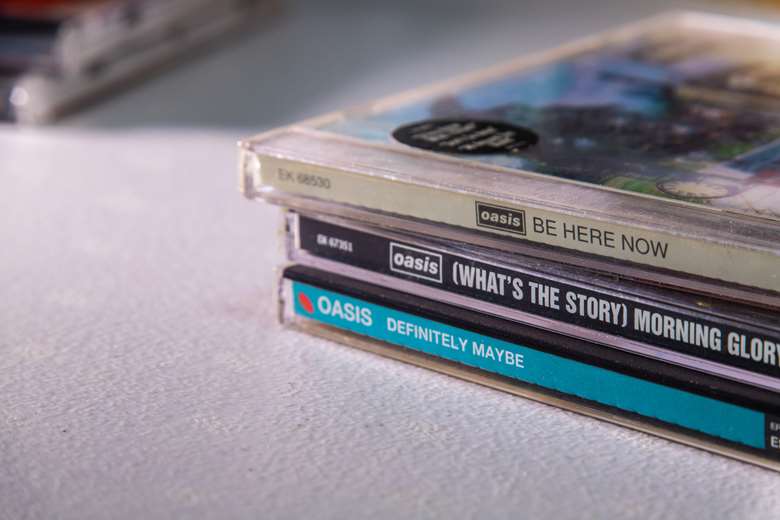The Long View | Supply and demand – not elitism – creates high ticket prices
Andrew Mellor
Monday, November 4, 2024
It’s a false equivalence to compare events like the Oasis reunion with concerts and operas produced by the subsidized classical music sector, Andrew Mellor argues

There’s a good reason people divide music into ‘commercial’ and ‘subsidised’ sectors. One – shock horror – is about making money. The other takes cash from governments and benefactors because it loses money, but deserves to exist.
Over on the digital schoolyard that is X, some people in our sector are getting hot under the collar about Oasis charging up to £506 for tickets to its reunion concerts. A broadcaster for whom I have nothing but admiration made a comparison between that event and the Proms, where each summer tens of thousands of tickets are available for just £8. ‘Quite elitist, if you ask me,’ he signed off – tongue in cheek – in a barb at the Gallagher brothers.
Ironic, maybe. But ‘elitist’ almost certainly isn’t the word, because elitism has very little to do with ticket prices – a point proved by the fact that it’s not ticket prices that put a lot of people off attending classical music and opera, rather the societally-induced belief that it’s ‘not for them’. I would happily bet my mortgage the programme books for the Oasis concerts, however expensive, won’t be full of ads for private schools – unlike those for plenty of classical music and opera performances, including the Proms produced by the publicly-owned BBC.
More to the point, it seems to have escaped people’s attention that we’re living in a consumer capitalist world. The likes of Oasis are a commodity – just as Pavarotti was when he was alive (remember his Proms? No, because he only sang in one, when nobody knew who he was). This is basic supply and demand. There is huge demand for an Oasis reunion because for decades, courtesy of the feuding brothers, there’s been no supply. Of course they can charge what they like. The Proms happens every day – sometimes twice a day – for nearly three months. The festival balances heavy supply and wavering demand with a little help from public money. Ditto the orchestral concerts that happen during the other nine months of the year.
There is only one Oasis, and there is only one Taylor Swift. It is perfectly possible, in contrast, to hear two live performances of Tchaikovsky’s Symphony No 5 within a few months in some British cities. If the Berlin Philharmonic could only present one programme in two decades, you’d better believe tickets would be as expensive as Oasis’s. Then try applying the commercial music sector’s ownership principles to our repertoire. Do we really think, if the Berlin Philharmonic was the only orchestra allowed to play the likes of Richard Strauss – or was seen as the only orchestra that could do so authentically – it would not have transformed itself into a private, for-profit entity by now?
Even for those who want to, there’s no way of turning back the tide of free market capitalism. Far better to consider the opportunity of subsidized art in society and to work on addressing exactly why whole swathes of the public continually say they like the music we play and sing while proving reluctant to turn up at theatres and concert halls to hear it.
That has nothing to do with ticket prices. It has rather a lot to do with unconscious elitism – our dressing of classical music and opera with wine and champagne, with name-dropping biographies, with in-jokes, with the adopting of a reverential, swooning tone of voice around the whole thing. And while I’m no Swifty, if you really want a textbook definition of elitism, try the litany of ‘never heard any Taylor Swift but will she please just go away’ posts on social media. I’ve seen plenty from friends and colleagues in the industry who have no shame whatsoever in dismissing a musician whose work they’ve never heard, for no other reason than the following she has.



